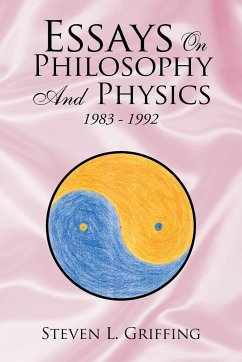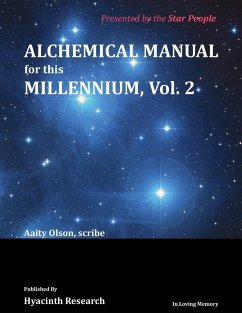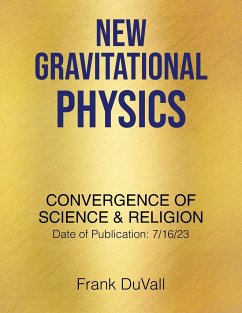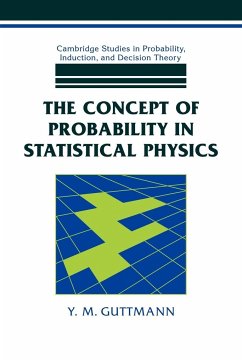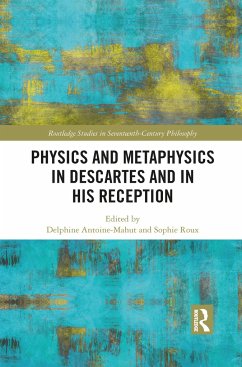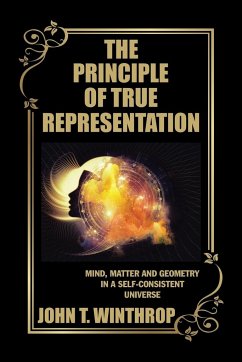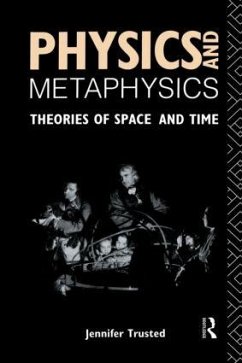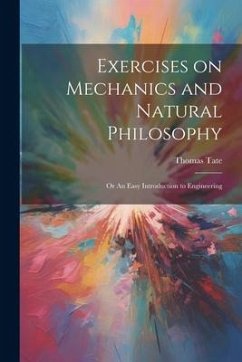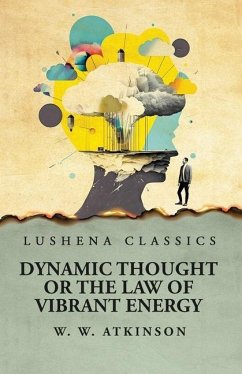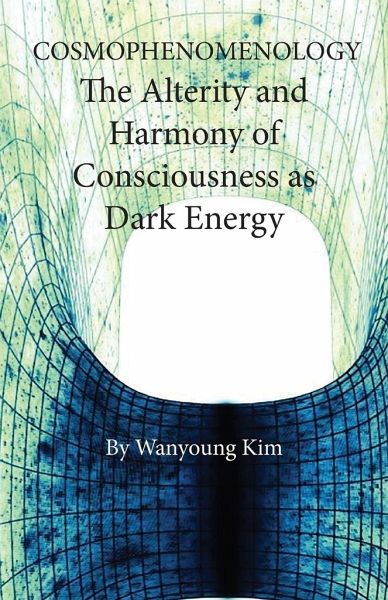
COSMOPHENOMENOLOGY
The Alterity and Harmony of Consciousness as Quantum Energy
Versandkostenfrei!
Versandfertig in 1-2 Wochen
31,99 €
inkl. MwSt.

PAYBACK Punkte
16 °P sammeln!
The First Thermodynamic Law states that energy neither goes out of being nor comes into being. Consciousness is not dependent on the existence of matter, space, or time, although it interacts with these variables. As a fundamental force, dark energy would retain its form regardless of space or time. Inspired by Knud Ejler Løgstrup's approach of looking at the whole of nature, cosmophenomenology integrates cosmology and quantum physics to examine the hard problem of consciousness, the problem in quantum physics of why a wave changes to a particle, the alterity and harmony of consciousness as d...
The First Thermodynamic Law states that energy neither goes out of being nor comes into being. Consciousness is not dependent on the existence of matter, space, or time, although it interacts with these variables. As a fundamental force, dark energy would retain its form regardless of space or time. Inspired by Knud Ejler Løgstrup's approach of looking at the whole of nature, cosmophenomenology integrates cosmology and quantum physics to examine the hard problem of consciousness, the problem in quantum physics of why a wave changes to a particle, the alterity and harmony of consciousness as dark energy, and the necessary relation quantum physics has to multiple worlds—topics phenomenology alone is inadequate to examine. The Orchestrated Objective Reduction Theory of Roger Penrose and Stuart Hameroff holds that consciousness continues in a quantum state after death. This theory is compared to Leibniz's Monadology and Deleuzian multiplicity, and Blanchot's neuter. The view of death as a liminal state is discussed.



